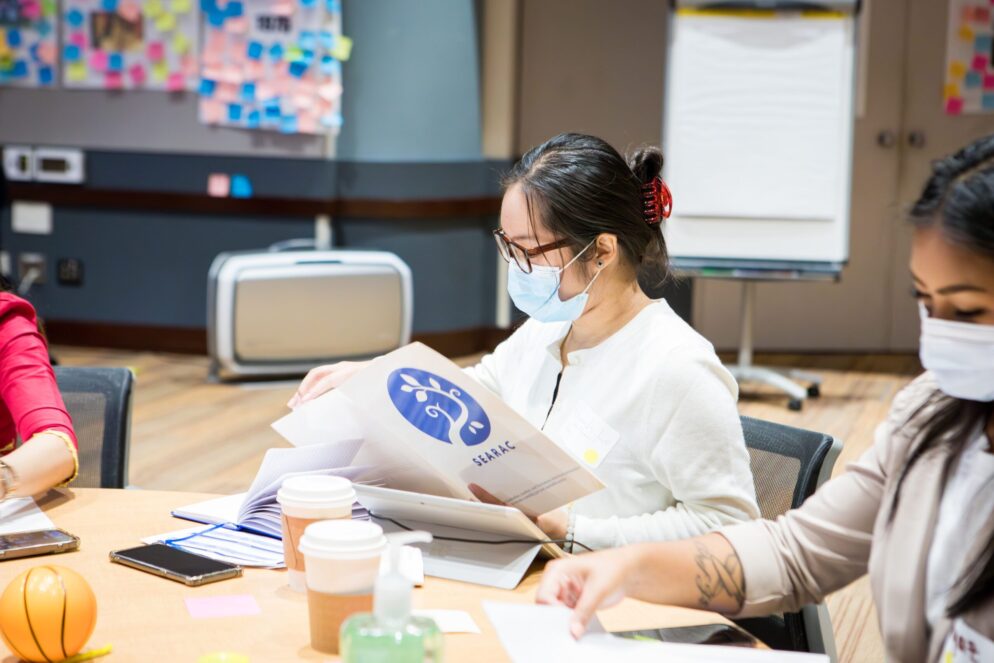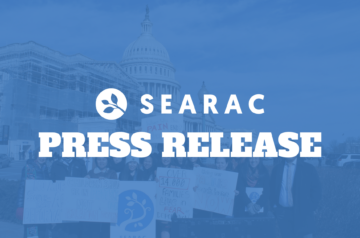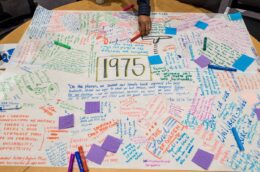SEAAs’ refugee history, their invisibility in education data and policy, and systemic racism create barriers to our students’ educational success. Our government must address the disparities that SEAA students experience and invest in their futures.
Key resources:
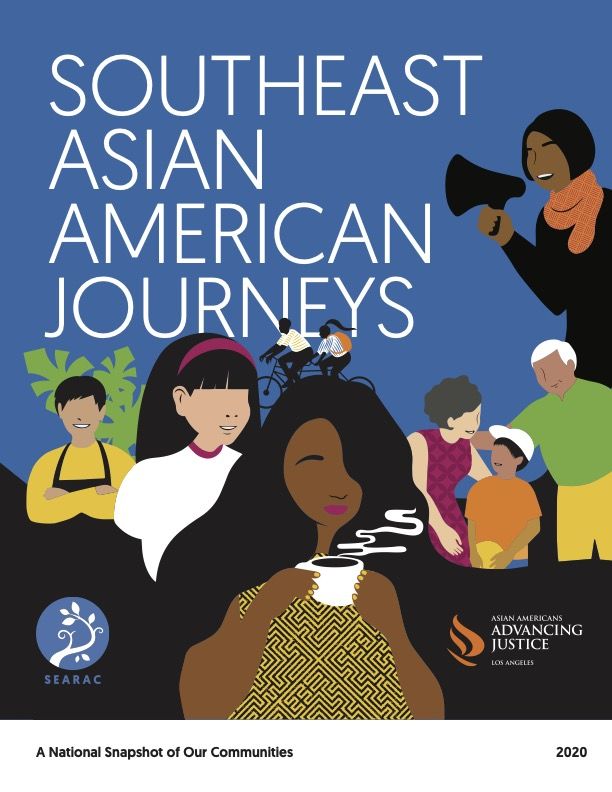

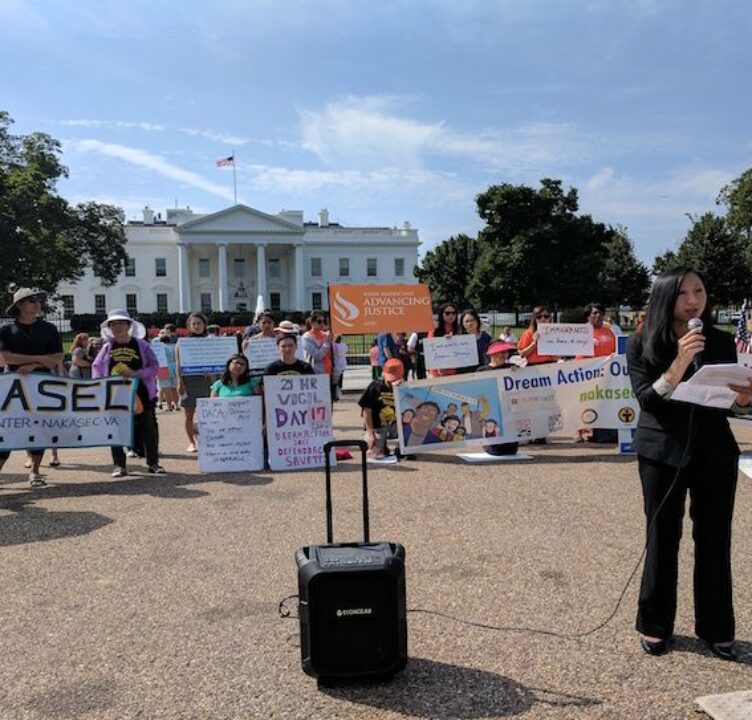
Featured story
SEARAC Responds to President’s FY2025 Budget Proposal
WASHINGTON, DC – Yesterday, the Biden administration released the Fiscal Year 2025 President’s Budget. The annual budget proposal details the President’s priorities for the upcoming fiscal year and, though non-binding, provides…
Learn more“My commitment to educational advocacy is shaped by my personal experience as a low-income, immigrant Southeast Asian student in the U.S public school system and my professional experiences as a teacher and youth facilitator. As a high school student, I experienced firsthand a lack of a culturally inclusive education and witnessed an unequal distribution of resources between my high school and the wealthier, predominantly white high school just across the bridge. Yet, I did not have the language to name what I was experiencing.”
SEARAC LAT 2019 participant
We need to be actively thinking about creative spaces and after-school programs that encourage participation from refugee parents in preparing their children for college. More importantly, we need to address language access. Without the ability to read documents or understand robocalls, parents are further barred from being informed on their child’s educational attainment and success.”
Cambodian Mutual Assistance Association of Greater Lowell
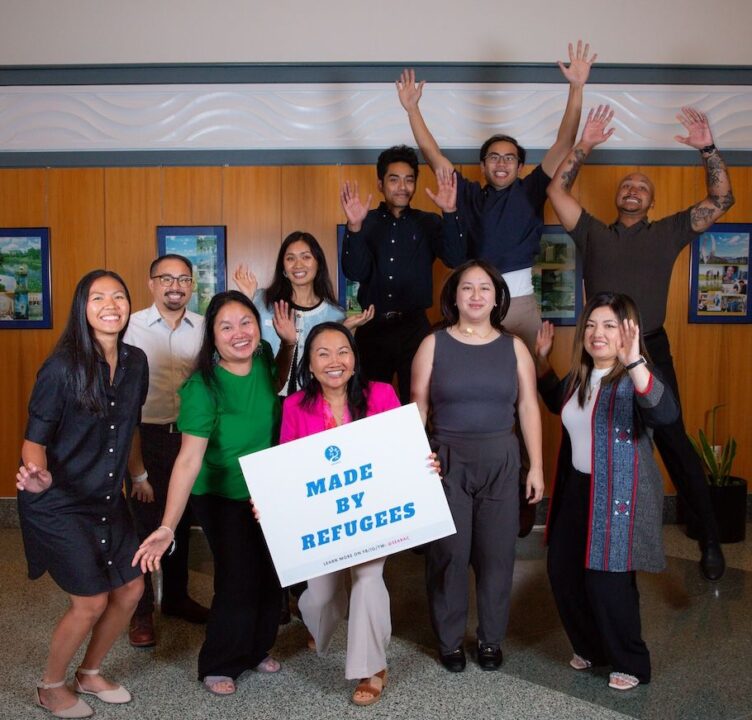
Subscribe to our newsletter for the latest updates on the SEARAC community, and to learn more about how you can get involved.
Last night, President Trump lied to the American people. He spun an illusion of America where communities are safe from violence, healthcare costs are the lowest they’ve been, and children have all the supports they need to learn. Quyên Đinh, SEARAC Executive Director, shared, "Our communities are unveiling the truth of this Administration’s cruelty. Our strength has always come from collective action, from generations standing together and demanding better. Despite the President’s lies last night, we know that progress, justice, and truth will ultimately prevail."
Read the full statement at the link in our bio.
Feb 25

The Southeast Asian Deportation Relief Act #SEADRA will prevent deportations of Southeast Asian refugees, ensure access to work permits, and end ICE check ins. Southeast Asian Americans deserve safety, dignity, and a chance to thrive. Tell Congress to support #SEADRA and endorse it today: linktr.ee/searac.
Feb 24

With families at risk today, we choose action and hope. Southeast Asian Deportation Relief Act #SEADRA would protect Southeast Asian refugees and immigrants, keep families together, and restore due process. The time to pass SEADRA is now. Join us in standing with our communities against unjust detention and deportation and endorse SEADRA today: linktr.ee/searac.
Feb 23

Last week, @searac and @seafnofficial celebrated the reintroduction of the Southeast Asian Deportation Relief Act #SEADRA. SEADRA affirms a simple truth: Southeast Asian Americans deserve to live in safety, stability, and dignity with their families. Thank you to @repjudychu and @pramilajayapal for being champions of this bill and to our Southeast Asian American community leaders for honoring us with your powerful stories. We know community wins are possible with collective action. Watch a recording of the event and endorse SEADRA today: linktr.ee/searac.
Feb 23

SEARAC’s 2025 Annual Report is now available on our website. Inside you’ll find our policy advocacy victories, recap of events from our 50th anniversary “Our Roots, Our Power” campaign, and more from the front lines of building power with Southeast Asian American refugee and immigrant communities. Read the report at bit.ly/SEARAC2025annualreport
Feb 23


